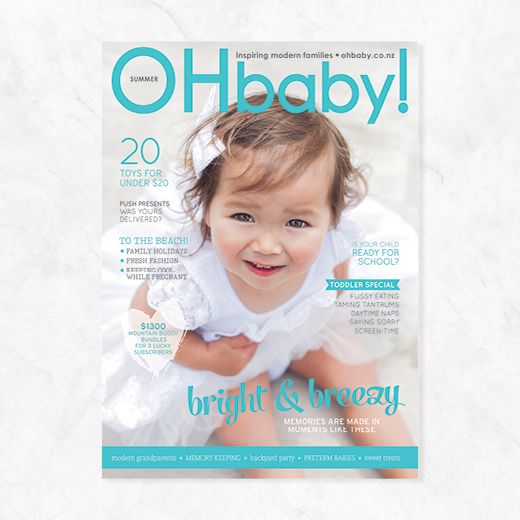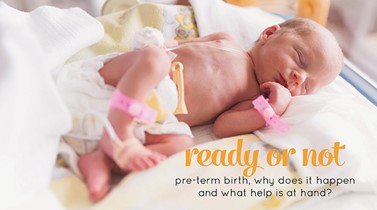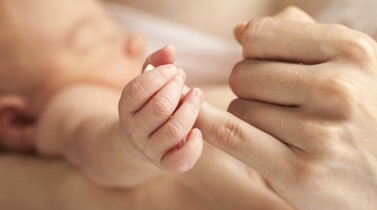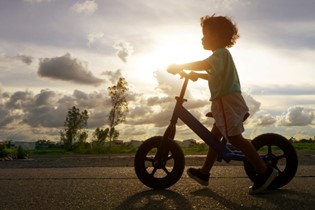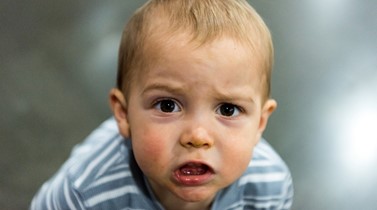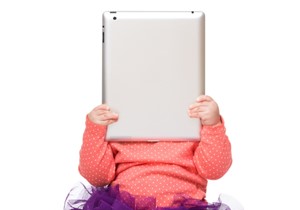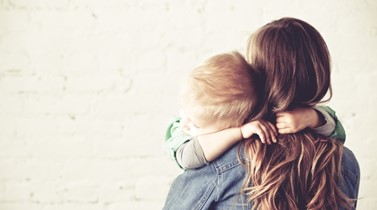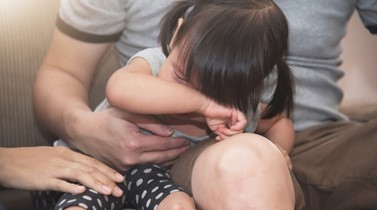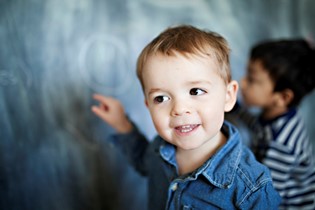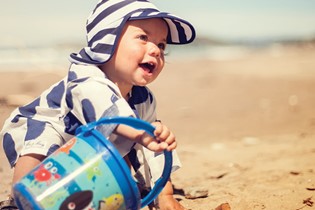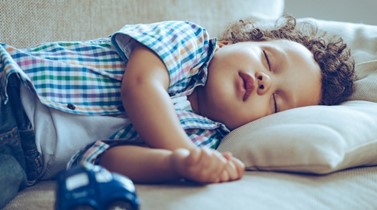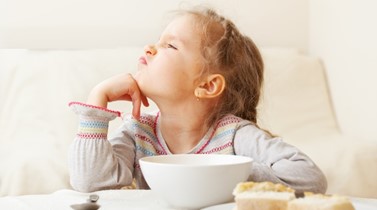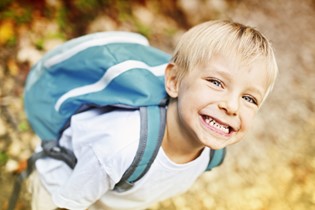Is your child really ready for school?
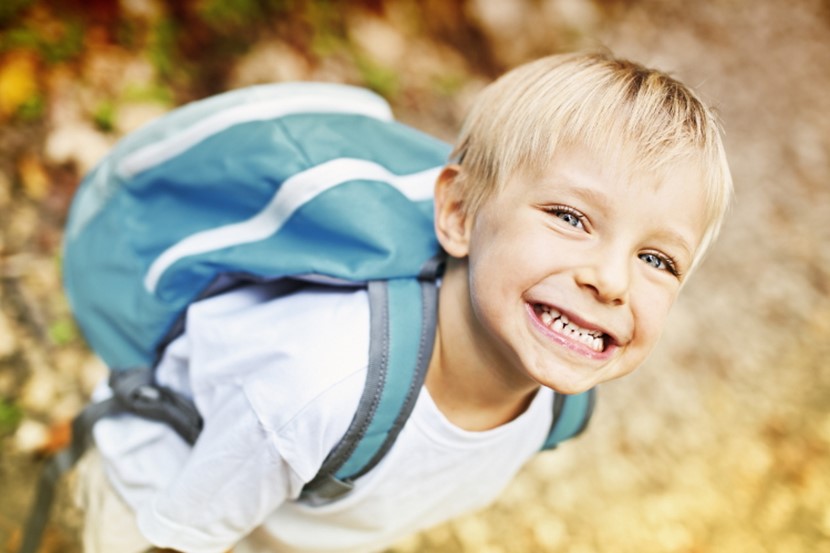
A school bag and matching pencil case are typical fifth birthday gifts, but should playtime really be over so soon? Miriam McCaleb suggests we reconsider some of our assumptions about starting school.
What springs to mind when I mention 'school readiness'? Most of us don’t really start to contemplate what school readiness looks like until our own offspring are approaching age five and wishing their little buddies well for school during kindy ‘graduation’ ceremonies. If this sounds like you, perhaps you will benefit from the following redefinitions and fresh perspectives on the subject of starting school.
redefinition #1
It’s not just about a birthday
Historically, being ready for school was thought of as a purely chronological phenomenon. Five candles on the cake? Ready for school! Kids in Aotearoa have traditionally headed off to school on their fifth birthday, despite legislation in New Zealand giving parents flexibility to wait –legally our kids don’t have to begin school until they’re six, which is handy, depending on the timing of your child’s birthday. My eldest child's early December birthday led me to wait until the following year to start her at school.
Flexibility in start time means families can be responsive to any developmental sensitivities, squeeze in some travel or wait if there’s a house move planned. Being able to time a child’s transition into school according to your child’s needs, and those of your family, can be really useful.
It’s interesting to note that this approach of scattering new entrants into school throughout the year is uniquely ours –and under review. A 2015 report commissioned by the Ministry of Education and written by an Advisory Group on Early Learning recommended group start dates, although they emphasised the importance of parental choice.
redefinition #2
Social/emotional skills are more important than reading/writing/counting
When we think ‘ready for school’, most people go straight to pre-academic skills. Stuff like: can this child write their name, recognise the alphabet, or count? While I don’t wish to undermine the value of those skills later in life (being a super geeky, pro-academia girl myself), the shocking news is that none of that deals with genuine school readiness. We could go so far as to say it doesn’t really matter. Not a jot.
Time and again, research points to social and emotional skills as being the true indicators of school success. A child who can't count or write, but who knows how to get along with others and who is learning how to regulate their emotions, is a child who is ready for school.
These core abilities, this social and emotional learning, this is the invisible background learning that children have been doing from the moment they are born – heck, since they were in utero. Watching and learning, absorbing and soaking up countless lessons about life, relationships and communication, about how to manage a difficult situation or emotion. It is upon this foundation that robust intellectual development grows.
In other words, learning to read books can happen later. Learning to read other people needs to happen from the start.
Ross Nicholson, head of Primary at Rangiora New Life School, puts it another way, saying “school readiness is all about life-readiness, and life-readiness begins at birth”.
Life-readiness? I love it. I asked Ross what sort of things this might entail. He expanded, “I want kids to arrive at school confident, with emotional tanks filled (actually, overflowing)”.
Ross hopes for children to hold conversations with adults and other children, with an inquiring mind, not content with simple answers. "I want children to be able to connect with other children; great team players who want to make a contribution to the classroom and the school. Kids who want to share what they know with others, to learn from others. I’d love to see kids who are at peace with themselves and with others, looking out for the welfare of others.”
This is a glorious, visionary list. Nowhere in this wish list for school beginners has this über-experienced teacher mentioned anything about great skills in counting, reading or writing.
Affirming this notion is Lynda Boyd, Manager for the Centre for Professional Practice and Partnerships at the University of Canterbury College of Education. She encourages teachers to think about “a child’s disposition for learning, not the academic content. Being keen to explore, confident, curious and perseverant will give a child the skills to succeed at school – and to enjoy life”.
Ross went on to say “I haven’t mentioned one word about national standards! Sorry, Government, there are far more important things on the agenda”.
And he is not the only teacher to understand this.
redefinition #3
Play-based learning is still best – way better than any test
Rebecca Green is a new entrant teacher of many years’ experience, teaching at Canterbury's North Loburn School. She sent me a marvellous and subversive graphic, which read: “School readiness seems to mean pushing four-year-olds to behave and think like six-year-olds, so they do well on tests when they are ten-year-olds. What if it meant pushing schools to be ready for kindergarteners, with developmentally-appropriate and play-based learning opportunities?".
And in the report I mentioned earlier, that one commissioned by the Ministry of Education, I read clear recommendations that new entrant classrooms should use "curriculum planning, assessment and evaluation based on Te Whariki", which is the curriculum used in early childhood centres in New Zealand. That’s right, play-based learning.
This is an idea Lynda Boyd referred to, cautioning against early childhood centres who have a 'push down' relationship with the school curriculum... Let 'em play.
Rebecca Green reminds us to “read to children at all opportunities”. Her other aspirations for children are to be able to listen, self-manage a little and be interested in the world. And she notes that “all of these things come from play-based learning”.
An emphasis on play in the early years of school would surely send parents of three- and four-year-olds a clear message that cramming children full of letters and numbers is unnecessary, and often unhelpful. (Caveat: if your child is choosing to practise writing, or loves counting, by all means support this. Play-based learning follows a child’s lead.)
In 2015, Tim Walker wrote The Joyful, Illiterate Kindergartners of Finland for The Atlantic, describing the experiences of Finnish five-year-olds, whose days at school are full of play. He contrasts this with American five-year-olds, who can expect “three and a half hours of daily literacy instruction, an hour and a half of daily math instruction, and two 56-question standardised tests in literacy and math on the fourth week of school”. Walker’s article highlights that Finnish children won’t be taught to read until they are six, by which time American children will have been tested, re-tested, and tested some more. But compare the outcomes of the Finnish and American teens – PISA tests of fifteen-year-olds consistently rank Finns as outperforming their American counterparts.
So stand strong in your knowledge of what’s truly best for your child. Melinda McGregor, a teacher at KidsFirst Kindergarten on Bush Street, recognises that “some families come away from school visits feeling like they have let down their children, because their child may struggle when placed in an instant test type environment”. She urges families to remember that the goal isn’t to test well on day one, but to create a positive, lifelong love of learning.
What else can parents do to help? Celebrate play. Honour your child's playtime as being important work. If you see playdough and dolls in the new entrant classroom, your teacher is working to meet children’s developmental needs.
redefinition #4
It’s not just about a child being ready
It’s a bit misleading to think about school readiness simply in terms of a child being ready academically.
Check out this equation to see how academics are thinking about this: Ready families + Ready early childhood services + Ready communities + Ready schools = Ready children.
Let’s break that list down. What could a family do to get ready for school? Families can plan for the logistics of school – budgeting for new uniforms and school supplies – and think about how to use routines to minimise the daily chaos. How will kids get to school? Who will organise lunchboxes? Are you willing to let go of extra-curricular activities for a term or so, while everyone adjusts?
Meanwhile, knowing that life readiness equals school readiness, I'll suggest that quality early childhood services are constantly preparing children for school. Playtime with peers strengthens social skills. Drawing, painting and rolling dough: these things prepare little hands for holding pens. Dramatic play helps develop skills in symbolic thinking (this block is a pretend telephone) which is an essential step in learning to read (the letters 'D O G' on a page represent an actual fluffy, tail-waggy creature).
Slightly trickier is the idea of ready communities. There is the potential for tension here. If Government are encouraging national standards and necessitating testing, while every new entrant teacher I’ve spoken to yearns for more play and less testing, how do we work with that?
Get ready to be your child’s advocate, locally and even at a governmental level. Consider letting your MP know you’re paying attention to this issue.
After all, whose system are our schools emulating? The play-full classrooms of Finland? Nope, American testing.
If you happen to see the latest Minister for Education in the supermarket, let them know that you’d appreciate an increase in funding for training new entrant teachers to use the early childhood curriculum in smoothing children’s transition into school.
Locally, find out if early childhood teachers and new entrant teachers have an opportunity to network. You might offer to host an afternoon tea... Good things happen when home baking is offered! This sort of networking is recognised as being beneficial to children and professionals alike. We have a successful version (The Early Years Network) here in North Canterbury, and the kohanga reo movement have used purapura clusters to similar effect.
Melinda McGregor, the kindergarten teacher we met earlier, values her involvement in the network as being an opportunity to “connect with colleagues across sectors. The most important thing we do is share stories of actual experiences for children and whanau, working together to try and improve the transition into school”. Ross Nicholson, a primary teacher who is also involved in the network, appreciates that “we all end up on the same page; on the same side”.
Finally, in addition to involvement in such a network, what can a school do to be ready for a child to begin? To quote the Ministry of Education report: “Children whose teachers take time to get to know them, affirm their culture, recognise and build on prior learning, and see promise rather than deficits, reflect many of the features of a successful transition that will support their learning”.
redefinition #5
It’s about more than just a new backpack – transition tips
A child’s transition process is recognised as being a key factor in predicting school success. There is a lot that can be said about supporting the transition, here are just a few ideas:
● Consider visiting the school during weekends. Let them play on the playgrounds and get to know the physical environment in a non-threatening way.
● Think about all the new vocabulary your child will need in order to understand the logistics of school. Words like 'assembly', and 'principal' might need explaining.
● Your child may be used to using first names for adults, so you could get them to practise the “Mr” or “Mrs” thing.
● Attend plenty of school events with your child – assemblies, school fairs, the community hangi etc.
● Practise as many aspects of school life as you are able – can your child hang up their own backpack yet? Have they had a chance to use the school toilets? Do they know where to wait for pick-up or where to catch the bus from?
● It can really help your child to enter school more smoothly if they know what’s expected of them. My first day of primary school was jarring – I hadn’t known about the rules surrounding jewellery and my fabulous plastic bangles were a definite no-no (crushing!). Years later, my daughter was stunned to learn that she couldn’t run outside whenever she desired, which was a first for my free-range kid. Teaching some of the school rules in advance will definitely be helpful, just remember to tell them that having fun while learning is the best rule of all.
| Miriam McCaleb has been a kindergarten teacher, a university lecturer and is a certified trainer for PITC. She parents, gardens and writes at home in North Canterbury. |

AS FEATURED IN ISSUE 32 OF OHbaby! MAGAZINE. CHECK OUT OTHER ARTICLES IN THIS ISSUE BELOW
